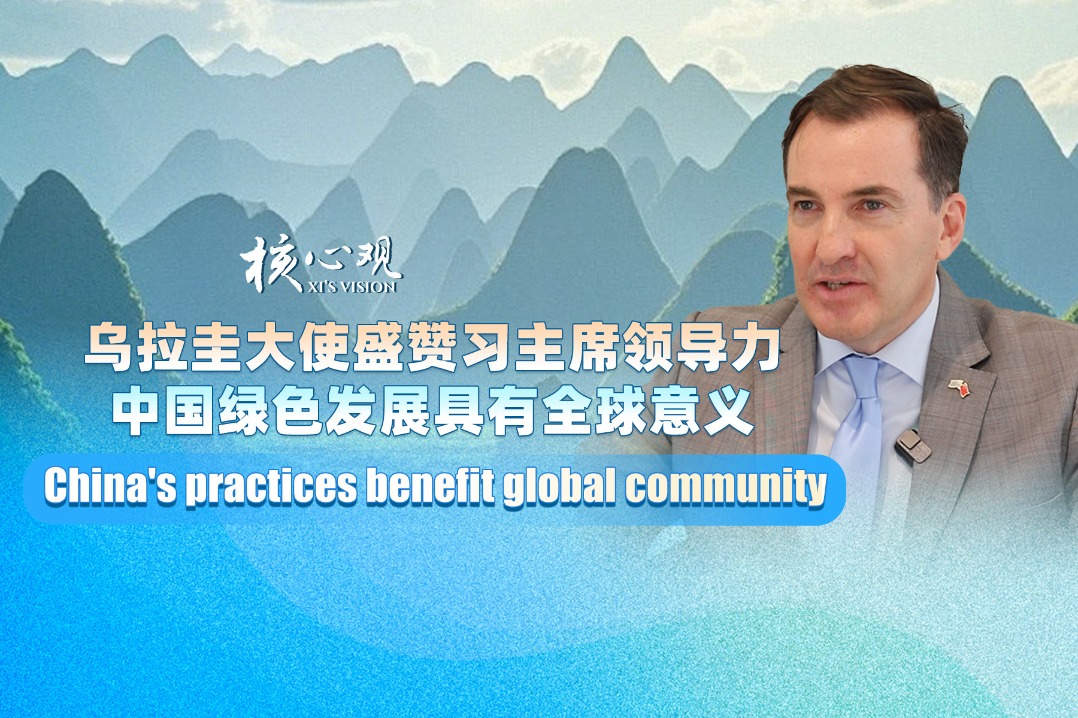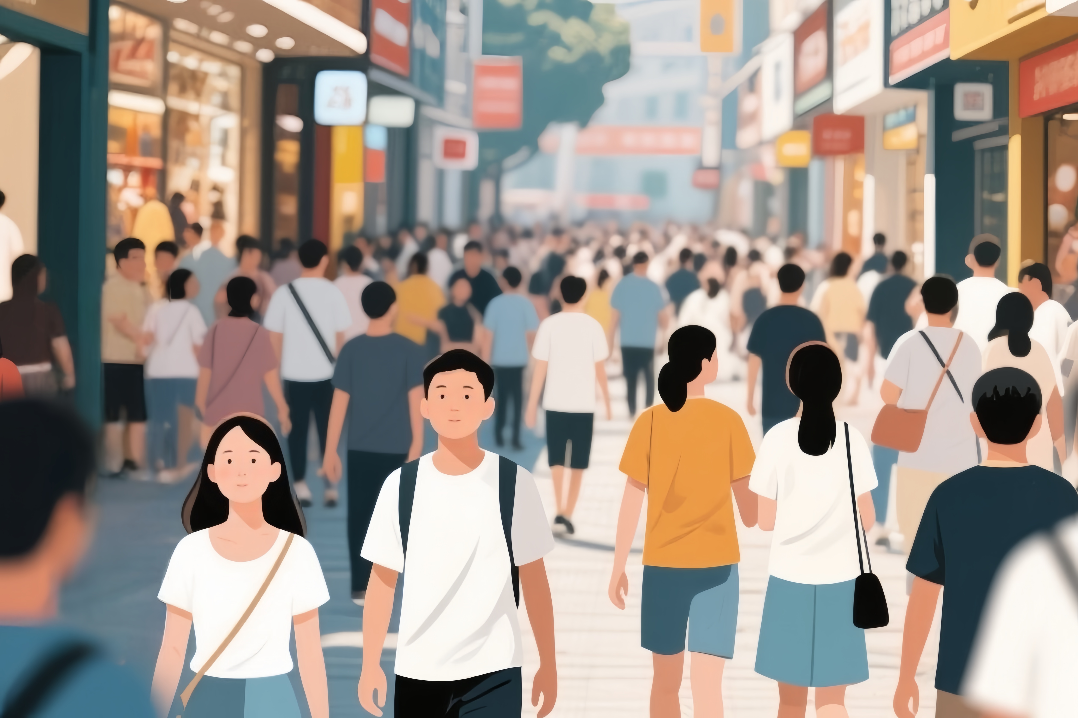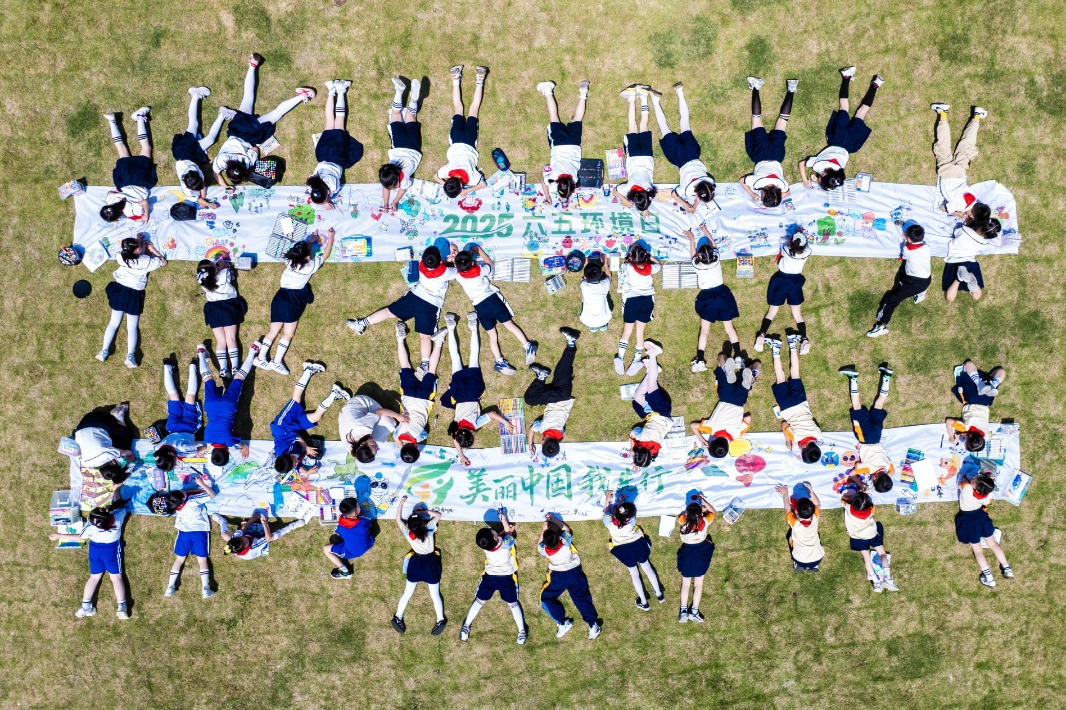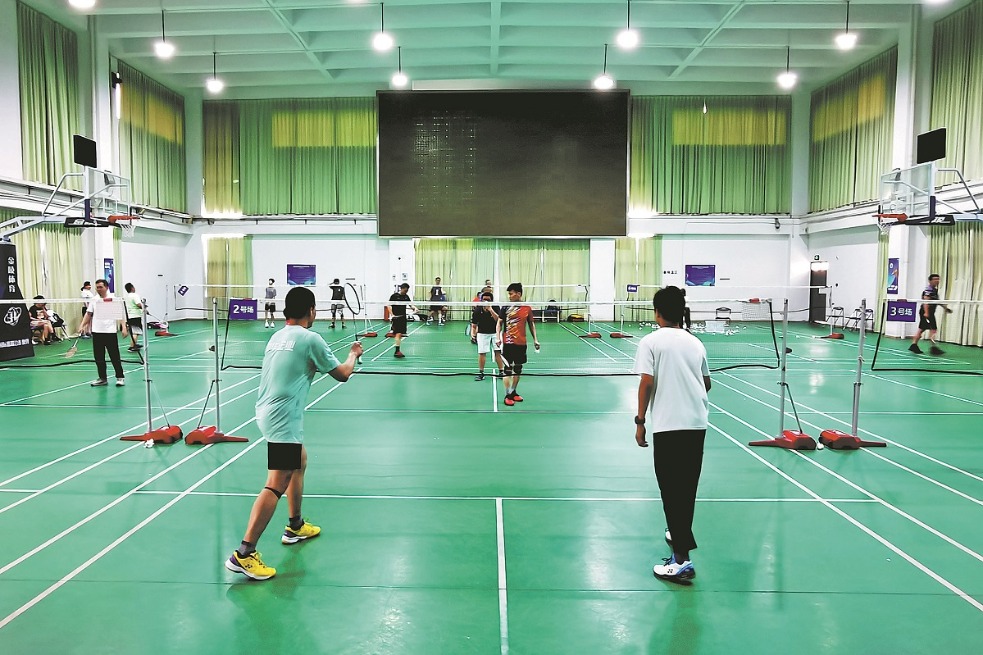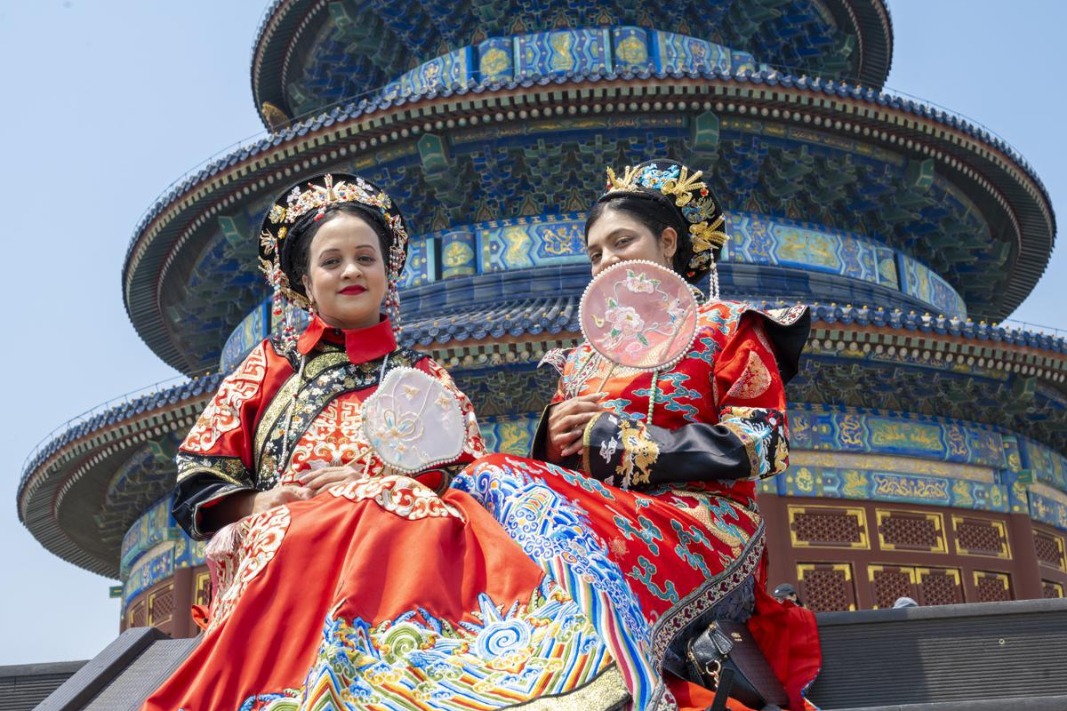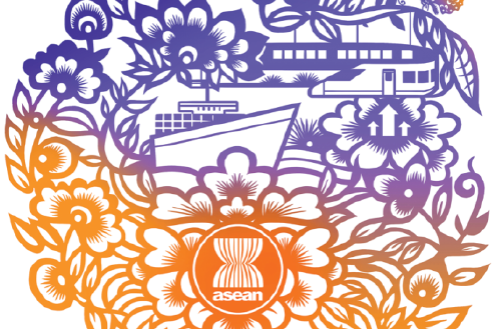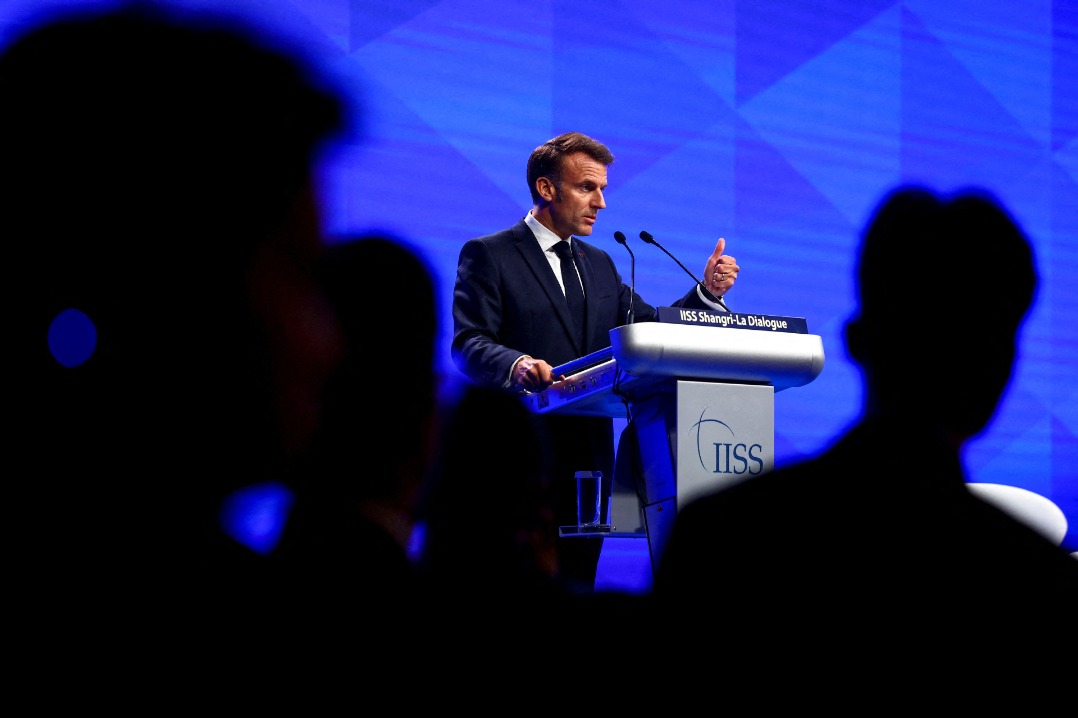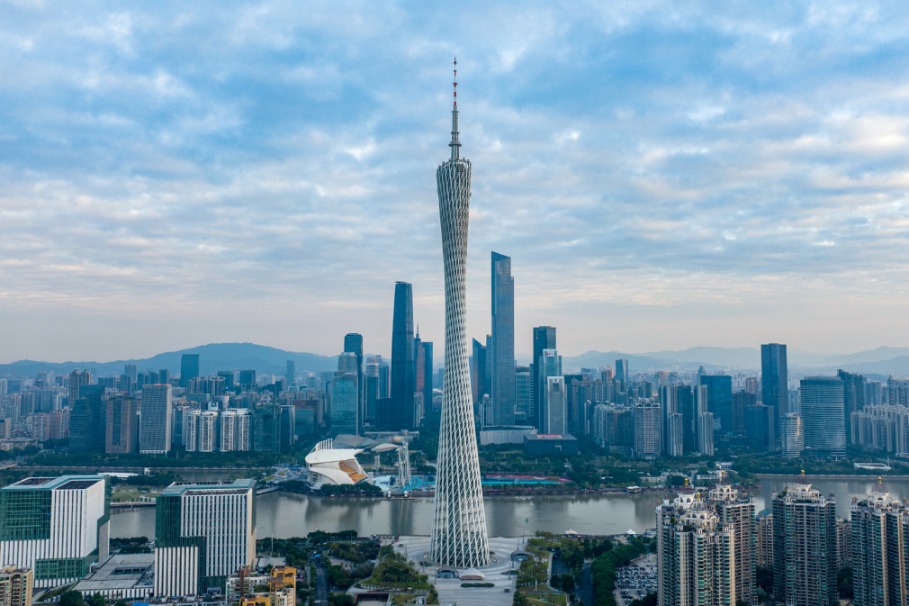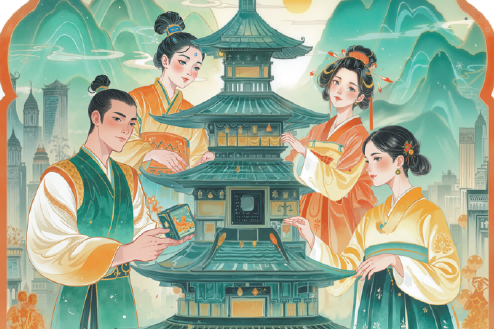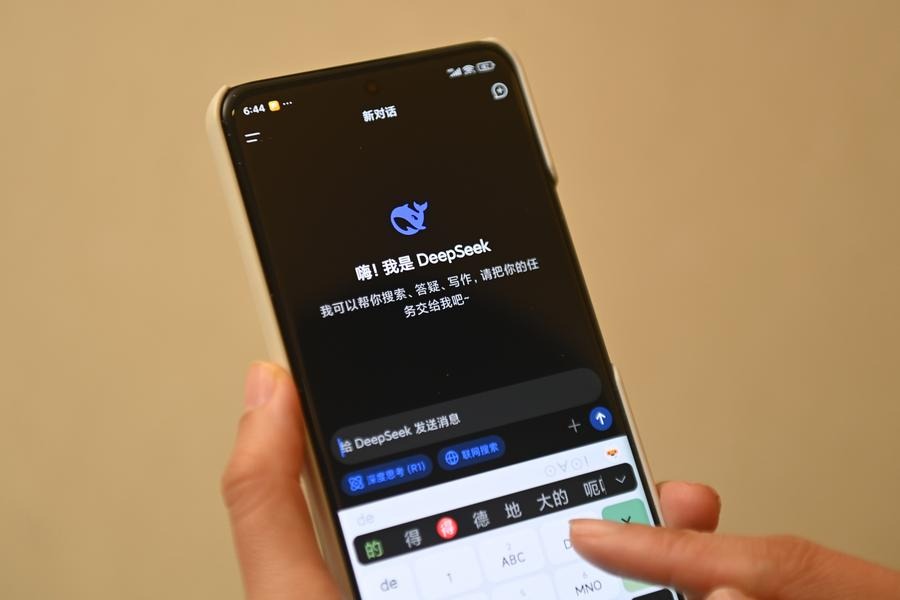Macron's adversarial message not welcome in Asia

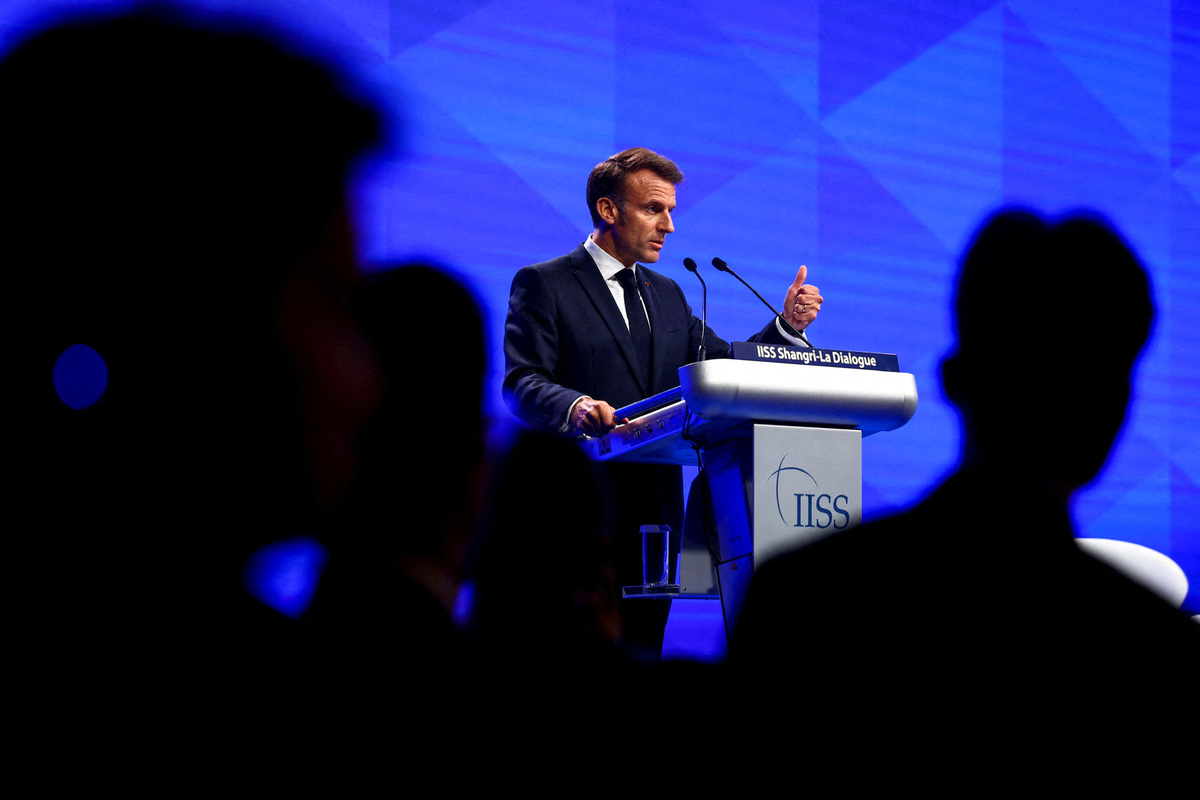
French President Emmanuel Macron has been doubling down on foreign policy lately in a bid to salvage his rapidly declining popularity at home. However, his show at the Shangri-La Dialogue in Singapore on Friday revealed many contradictions and blunders.
Macron said in a keynote speech that he was upset with countries from Asia and Africa to Latin America which have adopted a different approach to the Russia-Ukraine conflict in comparison to the European Union and the United States.
Yet those countries have been steadfast in calling for an end to the fighting and a peaceful resolution to the crisis through dialogue, while Macron's approach to the crisis has flip-flopped over the past three years. His initial bid to reach out to Russia to mediate peace between Moscow and Kyiv was rebuked by the US and EU, and Macron quickly jumped in line, blaming Russia for the conflict, even floating the idea of sending European troops to Ukraine.
Macron likes to talk about strategic autonomy. Yet the EU's policy on Ukraine and many other issues has been largely dictated by Washington. Macron and other EU leaders' latest push for a ceasefire is largely to align with the approach of US President Donald Trump.
That alignment was reinforced by Macron linking the Ukraine crisis with the Taiwan question, a false narrative manufactured by Washington. The Chinese embassy in Singapore immediately censured him and set the record straight, stating: "The two are different in nature and not comparable at all. The Taiwan question is entirely China's internal affair."
Macron is well aware of that. The only explanation for his remark which flies in the face of international law is that he wanted to assure the Trump administration that he will not rock the boat.
Tensions in the Taiwan Strait have risen sharply over the past years because the current Taiwan leader Lai Ching-te and his predecessor Tsai Ing-wen refused to acknowledge the 1992 Consensus that there is only one China. Meanwhile, the US has been using the Taiwan question as a geopolitical tool against China.
Macron also criticized the policies of the Democratic People's Republic of Korea, holding China responsible for that, as if he does not know that the DPRK is a sovereign nation and China's core foreign policy principle is no interference in the internal affairs of other countries, unlike many Western nations.
His intimation of NATO's expansion into the Asia-Pacific will also not be welcomed by Asian nations, which are appalled by the armed conflict in Europe caused by NATO's relentless expansion.
The East Asia region has maintained peace better and longer than many other parts of the world largely due to the Asian wisdom of dispute settlement. They don't need lectures on peace and security from Europeans. It was European power games that resulted in two world wars. The prolonging and escalation of the Russia-Ukraine conflict has shown European leaders have not learned the lessons of the past, and still put entrenched biases before understanding.
Macron did not criticize any US policies, such as its enabling of Israel's bloody land grab of Palestinian territory and its undermining of the United Nations and the global trading system.
The EU's strategic autonomy that he once championed seems to have fallen by the wayside as the US continues its march of hegemony under the banner of "America First".
The French and other European leaders should step out from under the US security umbrella and face the reality that security is not just about spending on the military; it is also about spending time and effort to enhance mutual understanding and mutual trust.
Rather than lecturing Asian, African and Latin American countries, the Western leaders should listen to the wisdom they have earned through bitter experience.
















